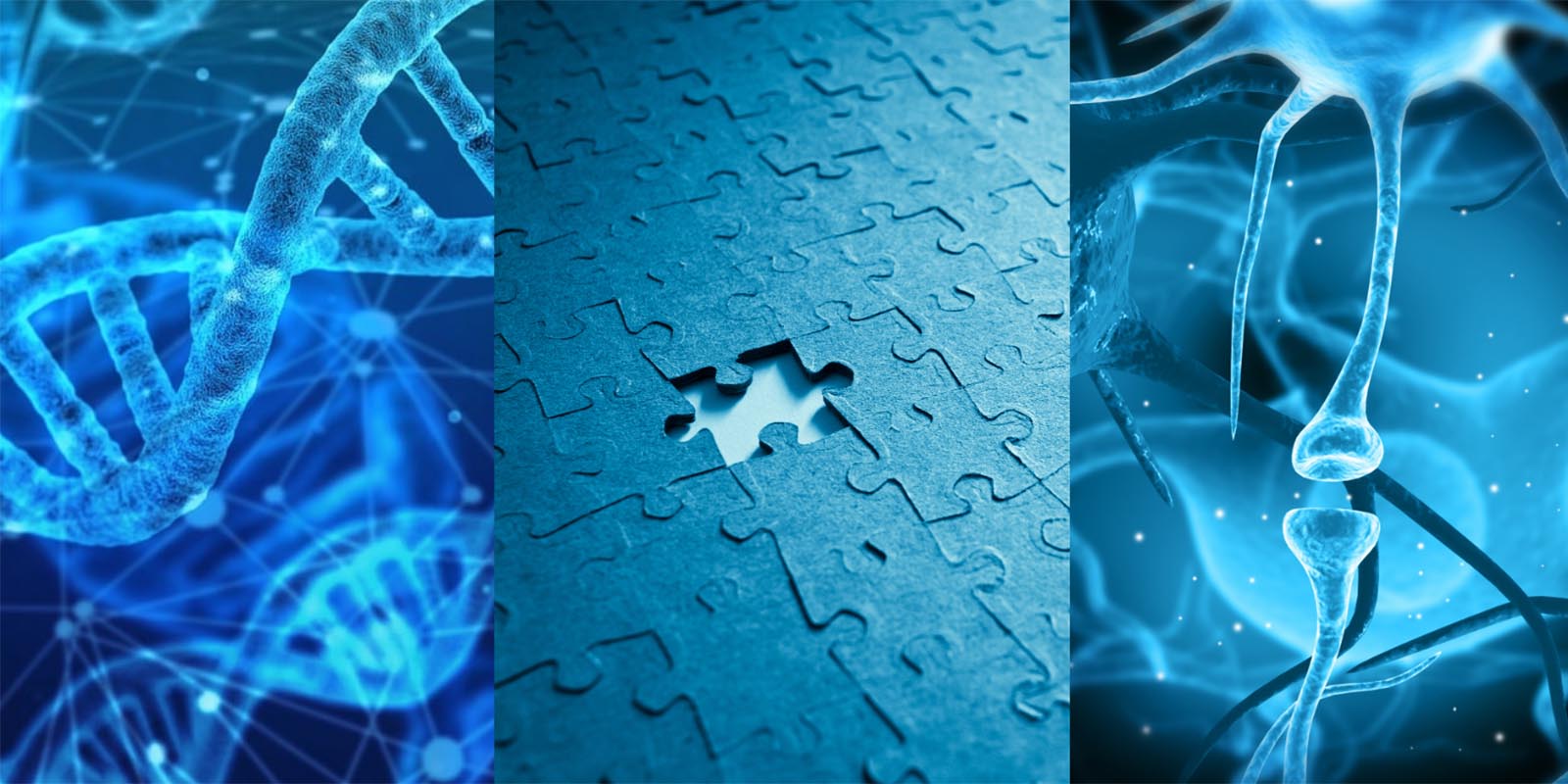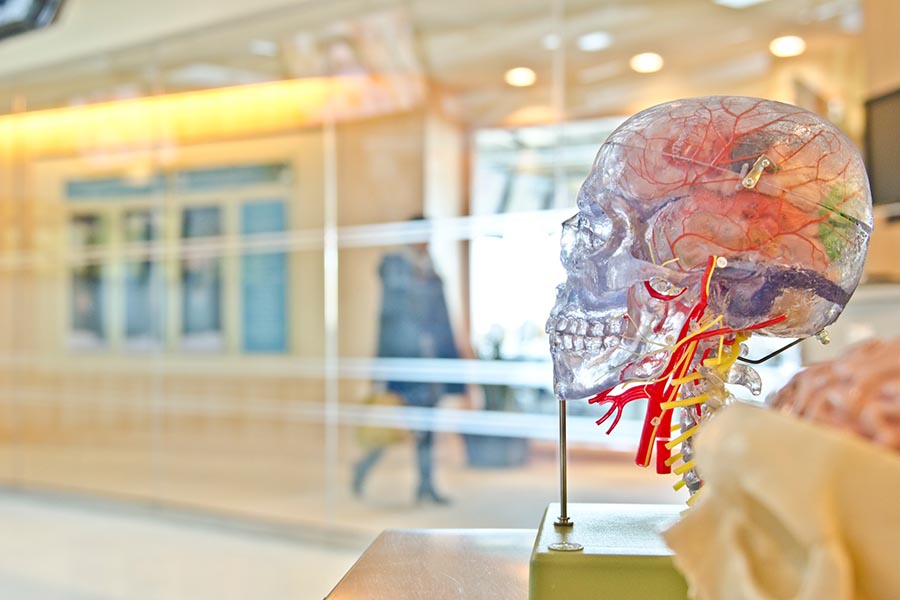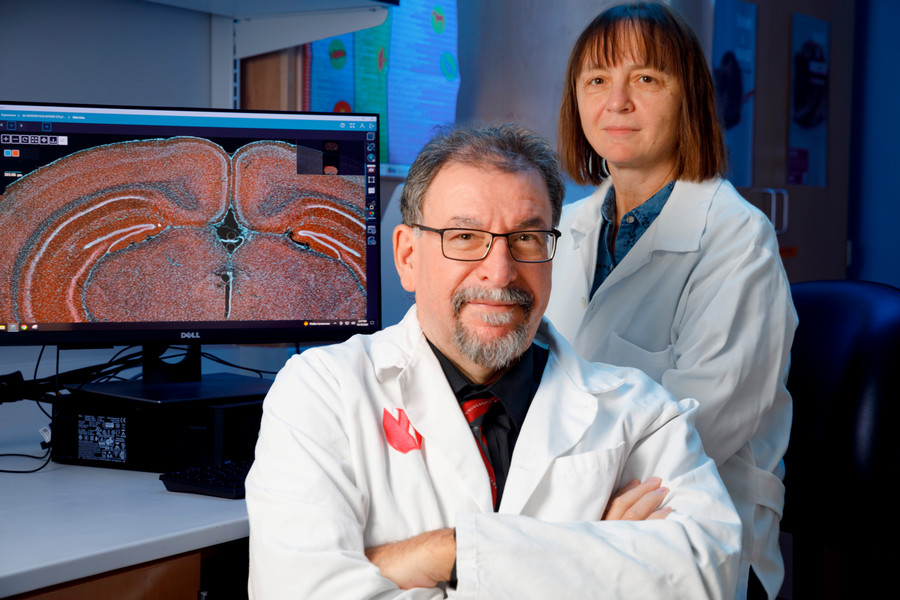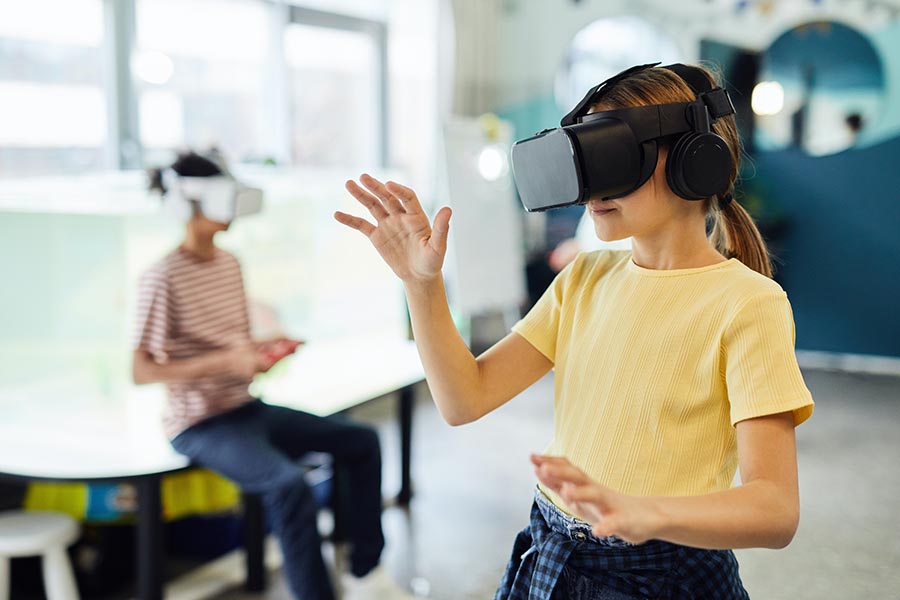
Research Program
A World Leader in Advancing Knowledge
The clinical research happening across the institute ensures that our diagnostic approaches are the most accurate, our treatment methods and practices are the most effective and our scientific research gives new insights into biomedical causes and future therapies.
Our research program assures that the Munroe-Meyer Institute is a world leader in advancing knowledge to benefit individuals with disabilities and complex health care needs.
MMI's research programs range from basic investigations in developmental neurosciences, such as the genetics of autism and other neurodevelopmental disorders, to applied studies of treatments for disorders of movement, severe behavior, feeding, communication, sleep, pediatric pain and learning. In addition to these areas, MMI also conducts molecular research aimed at understanding the underlying genetic and biochemical mechanisms of various conditions.
MMI is actively engaged in translational research, which bridges the gap between basic scientific discoveries and clinical applications. Translational research at MMI focuses on translating laboratory findings into tangible therapies and interventions that can directly benefit patients.
MMI Research Laboratories
 /5
/5
Augmentative and Alternative Communication Lab
Our lab aims to improve the lives of individuals who use augmentative and alternative communication by developing and evaluating augmentative and alternative communication tools, strategies and processes.
 /5
/5
Blackford Lab
Our research is focused on understanding the neural basis of anxiety, including studies that map the basic neurocircuitry of anxiety, studies of anxiety neurobiology in children, and studies examining the role of anxiety in psychiatric disorders including PTSD, alcohol use disorders and schizophrenia.
 /5
/5
Mirnics Lab
We are a productive, NIH-funded laboratory studying transcriptome changes across human brain disorders, neuroprotection by activity, and peripheral biomarkers of neurodevelopmental and neuropsychiatric disorders. Other primary interests are effects of environment*gene, gene*environment and environment*environment gene expression interaction on the developing brain.
 /5
/5
Play Lab
Our mission is to help improve quality of life for children at risk for delays or with disabilities and their families. Our projects focus on designing and testing play-based interventions and technologies to improve function, activity and participation in daily life.
 /5
/5
Virtual Reality Lab
Combining engineering and rehabilitation sciences, the Virtual Reality Laboratory develops and evaluates new ways to care for individuals with intellectual and developmental disabilities. This laboratory works with MMI’s clinical teams to build custom technologies that include the key therapeutic ingredients necessary for successful clinical outcomes.